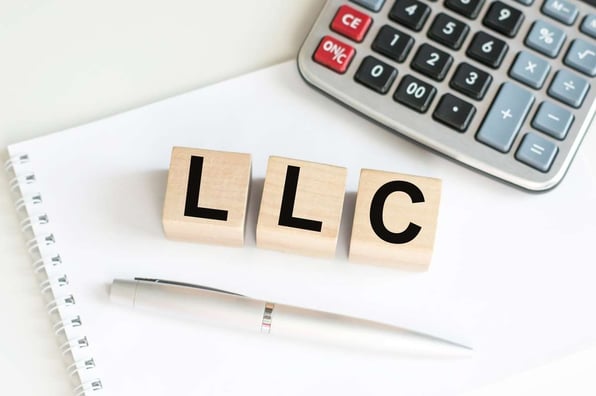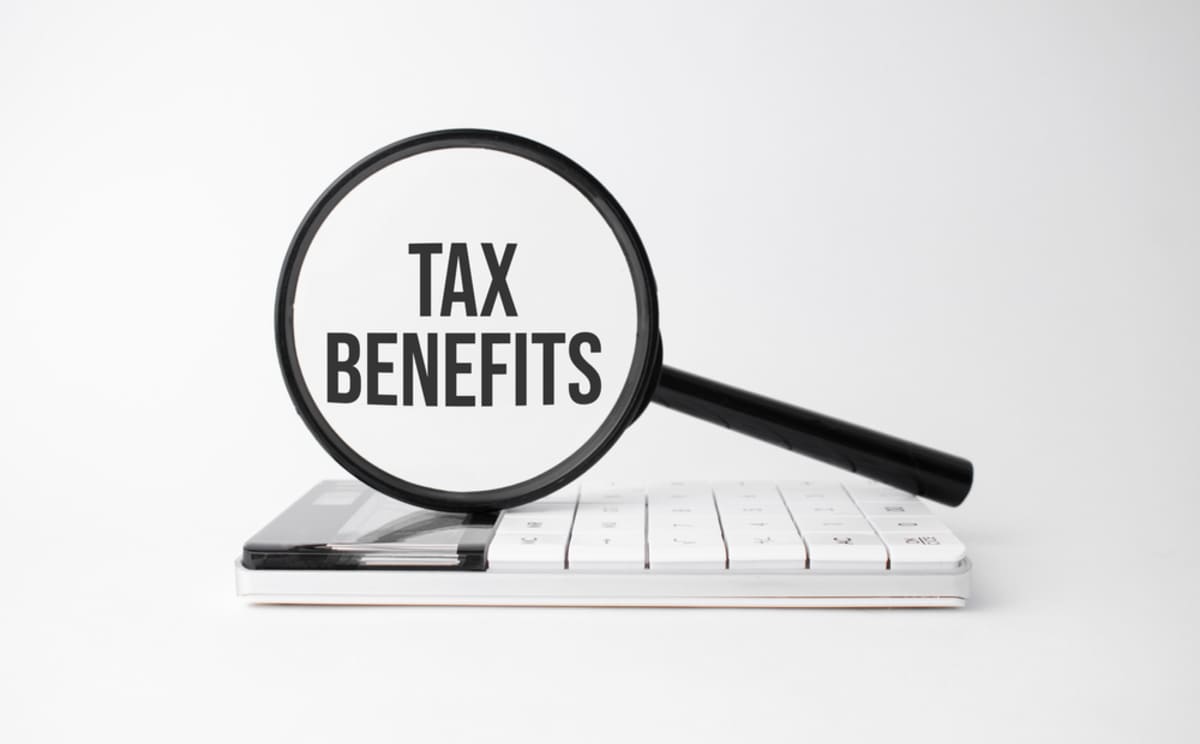
Osprey Property Management |  April 16, 2024
April 16, 2024
Subscribe Our Newsletter
Sign up here to get the latest news, updates and special offers delivered directly to your inbox.
Popular Articles
Tag
- Virginia Beach Property Management
- Osprey Property Management
- Professional Property Management
- Property Management
- Real Estate Investing
- Being A Landlord
- Rental Management Companies
- Rental Property Maintenance
- Eviction Process
- Norfolk Property Management
- Property Management Services
- Rent Collection
- Chesapeake Property Management
- Hampton Property Management
- Hampton Roads Property Management
- Property Maintenance
- Property Management Company
- Real Estate Investors
- Tenant Screening
- Coastal Virginia Property Management
- Emergency Maintenance
- High-Quality Tenants
- Invest In Real Estate
- Investment Property Management
- Newport News Property Management Company
- Property Management Companies
- Property Manager
- Rental Property Inspections
- Virginia Beach
- Virginia Beach Investment Property Management
 Utilizing Tax Benefits and Deductions
Utilizing Tax Benefits and Deductions Implement Rental Income Strategies With Osprey Property Management
Implement Rental Income Strategies With Osprey Property Management
